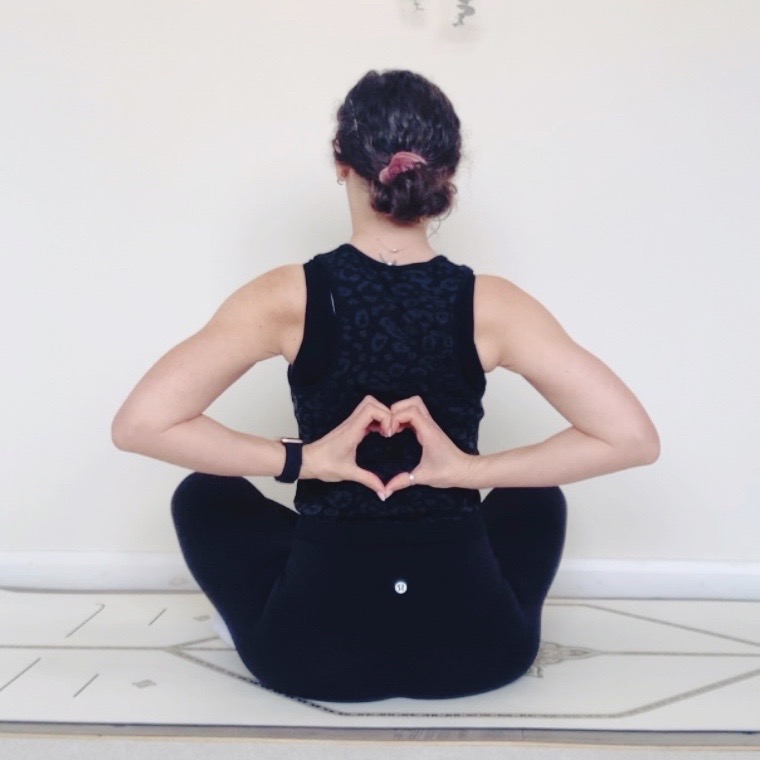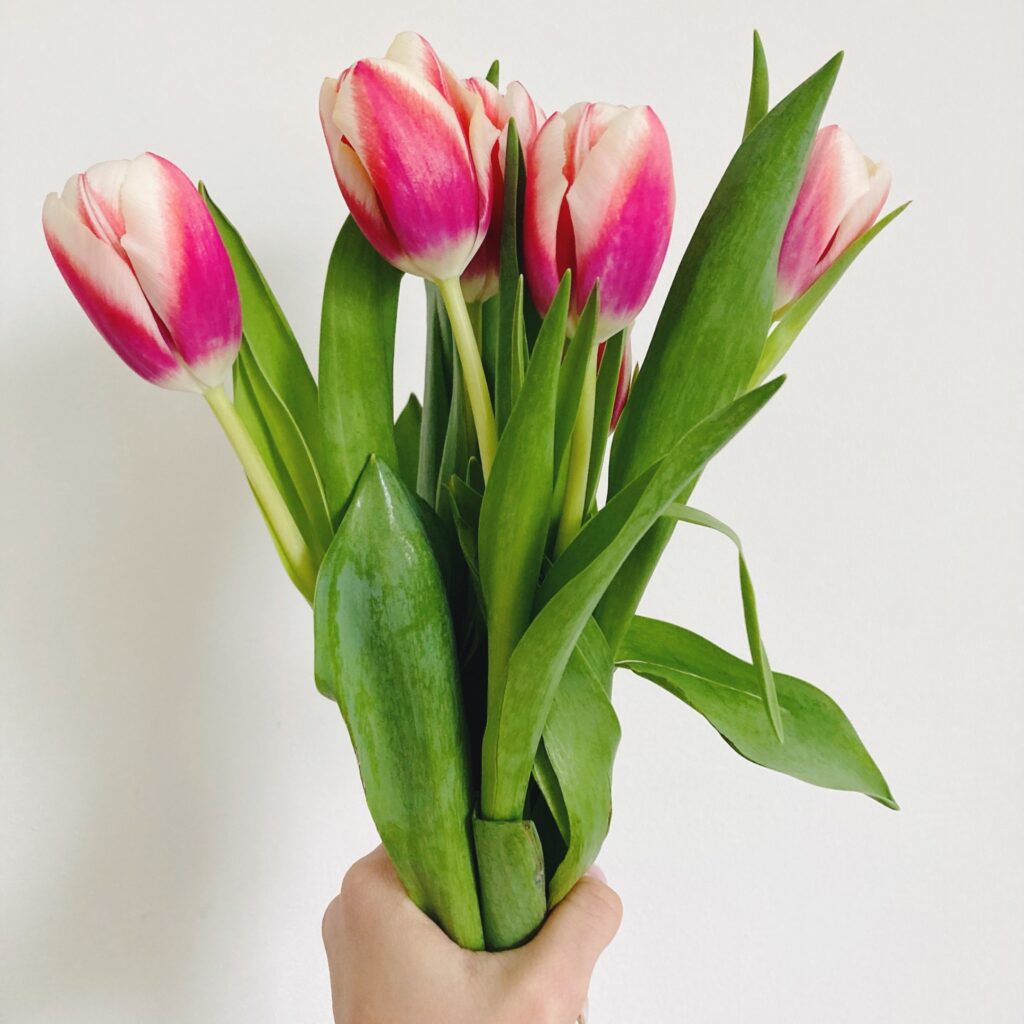Love yourself more: 5 tips to practise self-love
February is the month most known for the theme of love, with Valentine’s Day forcing itself onto us whether we like it or not. Giving and receiving love to those around us is absolutely crucial, but many of us forget to apply the same actions to ourselves too. The truth is, you are the most important person that you will ever have in your life so you should treat yourself with kindness, just like you treat those that you love.
Self-love has definitely become a bit of a hot topic lately, but it’s so important. It’s so much more than drinking a green smoothie, going to a yoga class and running a bubble bath. For me, it’s about making sure your mind is a place where you feel at home and accepted, making sure your body is healthy, making sure your needs are met, and making sure you know your own worth. It’s treating yourself with love and compassion in the same way that you’d treat your partner/best friend/children. It’s *not* about ignoring the needs of everyone else around you, but as the old saying goes, you can’t pour from an empty cup.
Why practise self-love?
The concept of self-love isn’t just a new buzzword on Instagram. There is real scientific evidence from a number of studies that self-compassion and self-esteem are linked to lower levels of stress and better resilience in the face of stressors. One study even found that higher self-esteem actually has an impact on the anatomy of the brain, with higher self-esteem being linked to more pride, reduced stress and better emotional regulation.
If the science behind self-love isn’t enough to get you on board, the main reason is just that you will feel better. You’ll start to enjoy spending time with yourself, you’ll find things that light you up, and you’ll be better able to give love to those around you. Ready to jump in? Let’s look at 5 ways to improve your self-love.

5 tips to practise self-love
1. Practise positive self-talk and affirmations
How often do you catch yourself saying something negative towards yourself? Perhaps you’re always picking yourself apart in the mirror, criticizing your work, or downplaying your achievements? Your inner monologue sets the tone for how you view yourself, and it’s the same concept we touched on earlier – if you wouldn’t say it to a loved one, you shouldn’t be saying it to yourself. It’s easy for these negative thoughts to be a habit rather than a conscious action, so the first step in practising self-love is just noticing and becoming aware of when you’re doing it. Once you’re starting to be more in tune with your inner voice, you can start to direct it towards more positive thoughts. It’s also really important to celebrate your successes just as you’d celebrate those of a loved one.
Affirmations are also a great way of increasing this positive self-talk when you’re struggling. Just a couple of positive thoughts each day will really set you up for self-belief and self-love. They usually start with “I am…” and embody the things that you’re already proud of about yourself, or help you start to believe that you possess a particular quality. For example:
- I am strong
- I am loved
- I am enough
- I am on my way to becoming the best version of myself
2. Build self-care into your routines and prioritise it
It’s so important to give your mind and body what it needs, but so many of us are rushing around in our modern world and neglecting these needs. The easiest way that I’ve found to make sure that self-care doesn’t fall by the wayside is to link it to your existing habits. This tip is called “habit stacking” and helps you to create new habits by tagging them on to things you already do regularly.
For example:
- Before I get out of bed each day, I will write down one thing I am grateful for.
- After I pour my morning coffee, I will meditate for one minute.
- While I eat my dinner, I will drink one glass of water.
- Before I brush my teeth at bedtime, I will make time for my skincare routine.
This technique will work with any habits – just make sure that you are specific with what you’re trying to include (e.g. “I will do 5 minutes of yoga” is better than “I will exercise”) and make sure you are realistic about when they will fit into your day, thinking about which of your existing habits they will complement.
3. Make time for yourself and romanticise it
We often say that you should never stop dating your partner, even when you’re in a long-term relationship, but what about dating yourself? You know yourself better than anyone, so you know how to make yourself feel loved better than anyone else too. You should try to carve out some time for yourself to do exactly what you want to do, and make a commitment to follow through as though it was a date with someone else or a work meeting. This can be as regular as you wish – weekly or fortnightly might be a nice goal to aim for eventually, but monthly would be a great start too. It doesn’t have to be anything expensive or extravagant, but you should try to really romanticise that time and make yourself feel special.
For example, if your “me time” is a bubble bath, why not light a few candles and take your favourite drink and book with you? If you’d rather incorporate food, why not make your favourite recipe and get a great playlist going while you cook? You could also take yourself out to a coffee shop, a movie, a spa day, buy yourself flowers and have a cosy night in with a takeout, or anything else that feels right for you. The simple things are often the best, and it’s such a great way to find pleasure in your own company.
4. Practise gratitude
Gratitude has been shown to have one of the highest vibrational frequencies, so focusing on gratitude literally raises our vibrations and helps us to attract more positive things. It’s where sayings like “good vibes” come from. Even when your world feels like the darkest place and everything is upside down (and trust me, I’ve been there), there are still tiny things each day to be grateful for. Keep an eye out for the simple things, like having 10mins for a morning coffee, a roof over your head, access to food, or being surrounded by loving friends and family.
When I was in a difficult place last year after losing my fiancé, I truly believe that gratitude journaling was one of the things that kept me going. Looking for the little glimmers of hope each day gave me something positive to focus on, and lots of my gratitude back then (and still now!) were happy memories I was lucky to have shared with someone I loved.
I would recommend writing down your gratitude list each day. This can be on paper, your phone, or an app. I use the ‘5 Minute Journal’ app from Intelligent Change which asks me three questions in the morning and another two at night, but you could use these prompts (or similar) to write your own daily gratitude journal in your favourite notebook.
Morning:
- List 3 things you are grateful for
- What will you do to make today great?
- Positive daily affirmations
Evening:
- What amazing things happened today?
- What did you learn today?
Please note – this is not an ad, I just love this app and would recommend it to everyone! There is a free version which does everything you’d need (including meditations and useful articles), but you can also upgrade to a paid version where you can add images to your journal and track your mood.
5. Prioritise your own needs
Your body has many basic needs and it’s important that you prioritise these needs. That doesn’t mean putting yourself first at the expense of everyone else, but instead just being mindful of things you’re doing and how it’s making you feel too. Your needs include basic things like nutrition and sleep, but even things like setting healthy boundaries can be classed as a “need”. It’s absolutely okay to say no to things that don’t bring you joy, or things that you know will leave you feeling depleted and burnt out. Prioritising rest and listening to what your body needs is key to cultivating a good relationship with yourself and enhancing those feelings of self-love.

These tips are just a starting point that barely scratch the surface when diving into a topic as huge as self-love, but I hope you managed to find something useful. The main tip I would share is to try not to be too hard on yourself. Self-love is a journey, and it’s a very long journey. Taking small steps each day is better than not taking any steps at all. Try your best to make choices that align with someone that you’re proud to be, and try not to be too discouraged if this doesn’t always happen. Your relationship with yourself is the longest relationship you’ll ever have, so it’s important to keep showing up and nurturing that relationship.
What are your favourite ways to practise self-love? Let me know in the comments below!
Natalie x
Tags:
- gratitude
- positive affirmations
- self care
- self love
